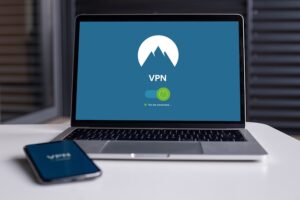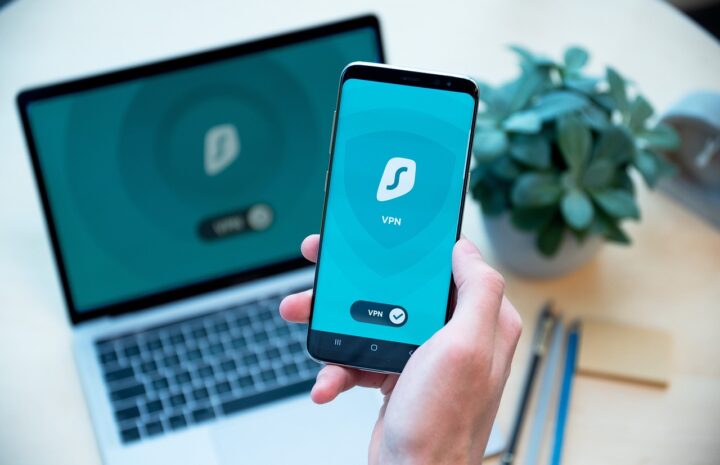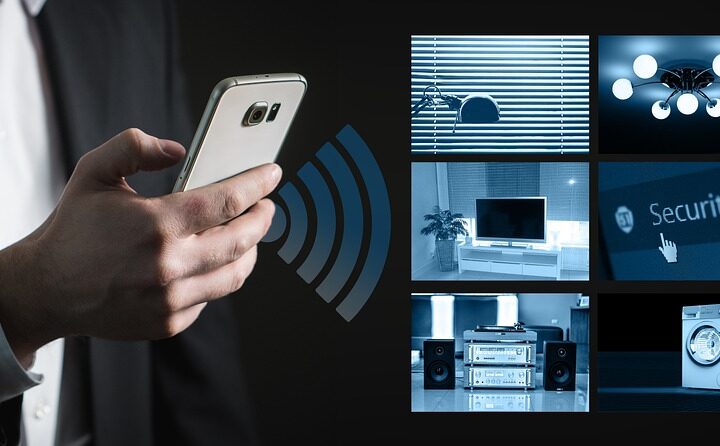In today’s digital world, where privacy and online security are becoming increasingly important, VPNs and proxies have become essential tools for internet users. However, many people often need clarification on or use the terms interchangeably. While VPN (Virtual Private Network) and Proxy offer similar functions, they differ and serve different purposes. In this article, we will dive into the details of VPN vs. Proxy, their differences, and why you should use a vpn or proxy for your specific needs.
What Is a VPN?
 A Virtual Private Network (VPN) is a technology that creates a secure connection between the user’s device and the internet by routing all network traffic through an encrypted tunnel. This tunnel protects the user’s online activities from prying eyes, such as hackers, internet service providers (ISPs), and government surveillance.
A Virtual Private Network (VPN) is a technology that creates a secure connection between the user’s device and the internet by routing all network traffic through an encrypted tunnel. This tunnel protects the user’s online activities from prying eyes, such as hackers, internet service providers (ISPs), and government surveillance.
Companies commonly use VPNs to allow employees to access their work network remotely or by individuals who want to protect their privacy while browsing the internet.
How Does a VPN Work?
When a user connects to a VPN server, all their network traffic is first routed to the server, which is encrypted. The encrypted data then travels through the internet and reaches its destination. Once the data arrives at its destination, it gets decrypted by the VPN server and sent to its intended recipient. This process ensures that all communications are secure and private.
Benefits of Using a VPN
One of the main advantages of using a VPN is enhanced security and privacy. With a VPN, all your …



 Yes, those flying thingy-mabobs that you can now buy online or from your local store can pose a threat to your home. Drones may seem harmless enough, but they have the potential to be dangerous and intrusive. If someone were to fly a drone over your house and take pictures of the inside, it could open up a huge security breach for criminals looking to break into homes.
Yes, those flying thingy-mabobs that you can now buy online or from your local store can pose a threat to your home. Drones may seem harmless enough, but they have the potential to be dangerous and intrusive. If someone were to fly a drone over your house and take pictures of the inside, it could open up a huge security breach for criminals looking to break into homes.
 One of the most important things to consider when choosing a wireless doorbell is the operating range. Most models have around 300 feet, but some can reach up to 1000 feet. It is essential to make sure that the model you choose will be able to reach your home from wherever you plan on installing it.
One of the most important things to consider when choosing a wireless doorbell is the operating range. Most models have around 300 feet, but some can reach up to 1000 feet. It is essential to make sure that the model you choose will be able to reach your home from wherever you plan on installing it.
 If you’re in a dim room, your camera will have trouble focusing, and the image will appear blurry. Make sure to adjust the lighting in the room so that it’s not too dark or too bright. If possible, try to sit near a window with natural light. It will help your camera focus and improve the quality of your video call.
If you’re in a dim room, your camera will have trouble focusing, and the image will appear blurry. Make sure to adjust the lighting in the room so that it’s not too dark or too bright. If possible, try to sit near a window with natural light. It will help your camera focus and improve the quality of your video call.